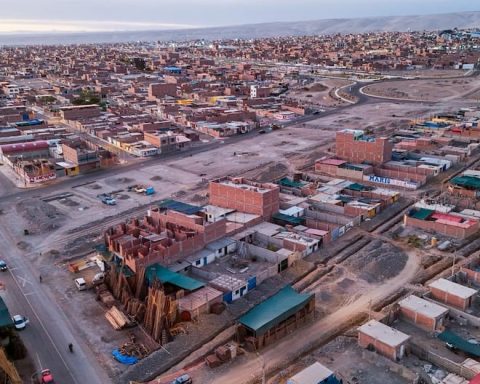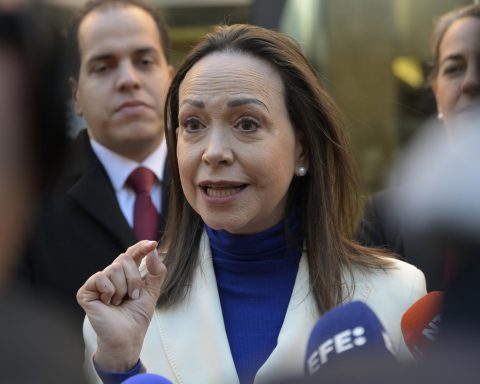The national government, from the Ministry of Economy, preceded by Sergio Massa, launched last week the program Fair Priceswhich consists mainly of two economic measures applied to the values of mass consumption products, such as the food, beverage, personal hygiene and cleaning sectors.
In the first instance, a price agreement With large supermarket chains in the Autonomous City of Buenos Aires (CABA) and the Buenos Aires Metropolitan Area (AMBA) region, wholesale supermarkets and some other chains in the interior of the country, many have adopted the program of Fair prices.
The agreement of Fair Prices Providing a list of approximately 1,800 items that will maintain their monetary value for four months is being carried out, in addition to allowing an increase of up to 4% per month for the rest of the products from companies that are not in the agreement.
Even after the good predisposition of the companies to take the measure, The problem of the difference in prices in nearby businesses or markets that do not belong to large chains arises. This gap would end up greatly disfavoring smaller businesses.

To avoid this conflict before it arises, it was also included in the price schedule to wholesale businesses, but these have a different list of items than the large supermarket chains, so there are products with differences in value of at least 25%.
According to the mass consumption consultancy, Scentia, the current difference between the prices of supermarkets and supermarkets is 25% and with the government’s value programThey expect it to grow.

Examples of the gap
Varied products, it also maintains varied gaps, but almost always with higher values in retail markets that are not within the program. Some of these are the following:
The smooth Unión yerba mate, light version costs $880 per kilo in a market not participating in the Fair Prices, while the price in the program is $769. On the other hand, another essential item to make homemade pasta, bread and so on, in order to lower costs, is flour 0000 (four zeros) which costs $220 per kilo in a market and $171.60 within Fair prices.
In the case of sunflower oils, the difference is abysmal, In the case of the 900ml version, it is worth 600 pesos in markets, but 262 pesos within Fair prices.


















